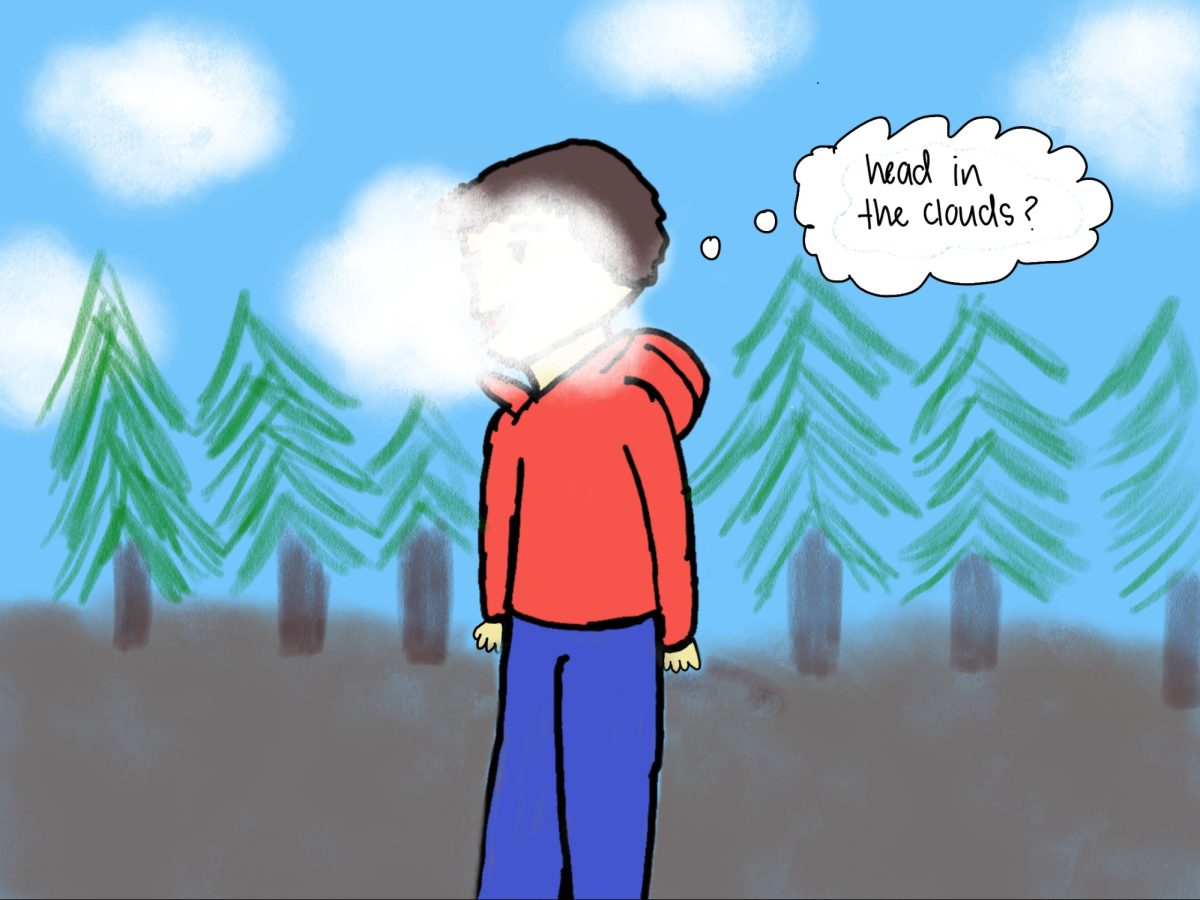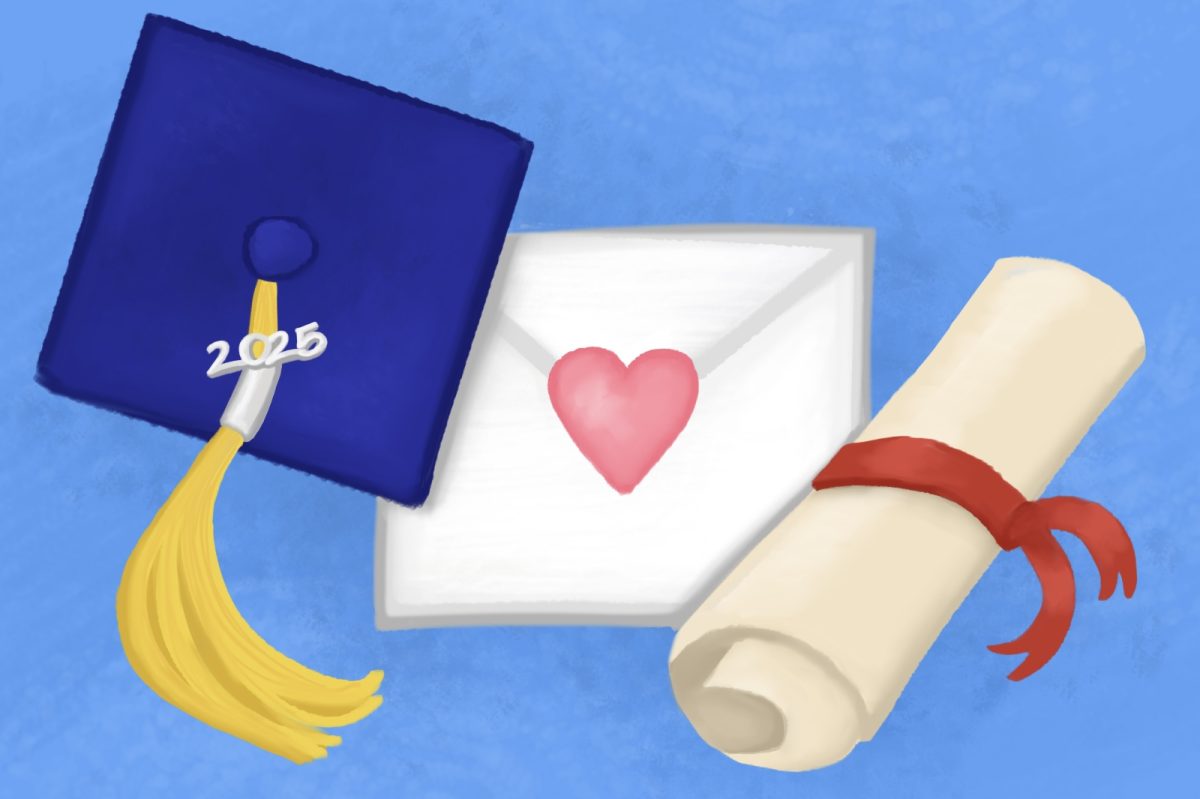After a teacher poses a question, you nervously scan the faces of your classmates, searching for answers in their blank stares while simultaneously thinking about possible answers. After being called on, you unconfidently recite a response, hoping that you are correct—hoping that your peers agree with you. Because if you are wrong, you face the scrutiny of your peers and teacher, prompting an endless cycle of embarrassment that replays in your head afterwards.
Each test, each research paper, adds to our hefty collection of accumulated information over ten years of education. We are often rewarded for our mastery of knowledge, reinforcing our belief that success only comes in the form of academic achievement. Our quest for academic success compels us to view ignorance—commonly understood as the lack of knowledge—as embarrassing.
When we feel ashamed of our perceived incompetence, we devalue the necessity of our inexperience for shaping our academic and personal discoveries. The popular phrase “Ignorance is bliss” invites various interpretations; more often than not, the expression suggests that an individual is willingly uniformed. However, if taking an optimistic angle, “Ignorance is bliss” enables us to redefine how we view ignorance as not a gap of knowledge, but a space for new information to be filled.
Although we might feel the need to always have the right answer, it is important to accept that we have so much more to learn and experience. Because we currently do not have the knowledge or the abilities to adequately address our concerns or questions, our ignorance invites us to seek other resources, helping us acquire new information. Not knowing allows us to explore new perspectives and ponder novel ideas. For instance, we can investigate the nuances of an academic subject like social studies. With countless historical figures and significant inventions, we can discern the impact of regional influences on the development of cultural movements. Our lack of knowledge gives us space to learn diverse perspectives, imploring us to draw parallels between the new information and what we already know.
Recently, after watching Harvard graduation speaker Shruthi Kumar speak out against Harvard’s decision to prevent thirteen students from graduating, I was moved by her compelling message, but even more so, by her shift in perspective. While discussing the value of civil discourse and respect for humanity, Kumar implies that not knowing is more powerful than knowing. Kumar suggests that by embracing what we do not know, we are able to lean into conversations and ask questions with an open mind. By not assuming that we have all the answers, we are able to listen to diverse opinions with empathy and humility. Instead of being defeated by our lack of knowledge, we can, instead, translate our ignorance into curiosity.
Our journey to intellectual discovery should not reject our ignorance, but rather welcome it, setting the foundation for in-depth, meaningful research and discussion. While uncertainty is often uncomfortable, combining ignorance with inquiry allows us to acquire knowledge through conversations with various classmates, unfamiliar literature, and new experiences. With this mindset, we can learn everything from philosophical theories such as existentialism to concrete subjects like arithmetic. No matter the topic, we can employ the same method: harnessing our curiosity to contemplate unknown topics.
Embracing our ignorance does not imply that we should take pride in being unintelligent either; instead, it means choosing to use our current lack of knowledge to learn more, broadening our perspectives through intense academic pursuit and lighthearted social endeavors. Instead of ruminating on whether or not we know the right answer, we can redirect our energy to appreciating the learning process—to enjoy discovering what is currently unknown to us. By accepting that we have so much more to learn, we optimistically reach into our future potential.









